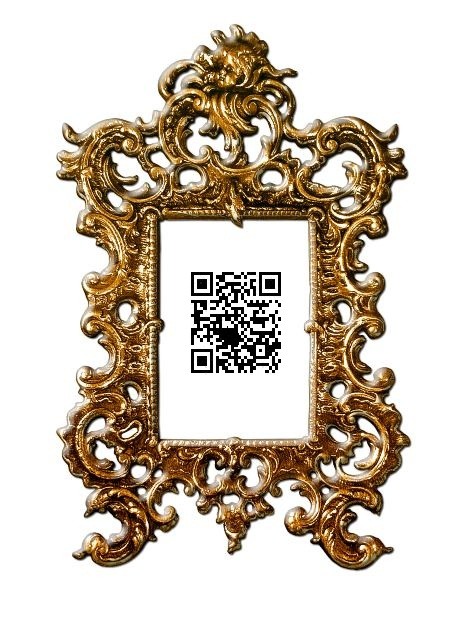 Hosts can share their network and password details with the quick scan of a barcode.
Hosts can share their network and password details with the quick scan of a barcode.
Among the most commonly requested pieces of information from hosts by their guests is the network name and password so that they can access the wireless internet, and QR codes have now been discovered as an ideal solution to this request in one simple scan.
A new mobile trend has arrived, in which hosts have been framing the barcodes and hanging them.
These unique QR codes have been pre-designed in order to allow party and house guests to be able to simply scan them in order to gain access to the wireless internet in the home. This is proving to be both convenient and practical in today’s society where people feel the need to be connected at every moment.
These QR codes are hung in frames that can be scanned by guests so that they can obtain the data they need.
The trick to taking advantage of these QR codes at a party is to hang them prominently in one of the main areas of the home, and to display them in spaces where guests have a tendency of stepping aside in order to check something online or reply to their emails. Before this option, guests were required to ask their hosts for the login information; a process that could be rather frustrating.
As today’s network passwords need to be rather complex, they are often combinations of upper and lower case letters, numbers, and symbols, and they may or may not use any recognizable words. This can make the exchange of the information rather time consuming and impractical. However, when all it takes is a scan of QR codes, it simplifies the process immediately.
This trend was started by a single person, who posted their successes online. It caught on quickly over the holiday season until it became much more common to see them at the Christmas and New Year celebrations and other parties that were happening at that time of year. It didn’t take long for smartphone users to catch on and start scanning the QR codes to receive the connection they needed.

 Social media marketing used to drive tourism
Social media marketing used to drive tourism